Apple is beginning its appeal of a $506 million penalty for violating a patent belonging to the Wisconsin Alumni Research Foundation, calling both the original jury verdict and subsequent rulings "fraught with error."
These include things like findings on infringement, and what Apple calls a "prejudicially inflated" damages theory, Law360 said, citing the company's opening brief. The document was originally submitted last Friday, but was only made public this week.
In Oct. 2015, Apple was ordered to pay WARF over $234 million in damages for infringements in A-series processors found in various iPhone and iPad models. The U.S. Patent and Trademark Office declined Apple's request for a patent review, and damages were later ramped up to $506 million because Apple continued using infringing technology until the intellectual property expired in Dec. 2016.
Specifically the patent covered "predictor circuit" technology, a way of improving both performance and power consumption.
Apple is currently engaged in a number of legal battles, including even its original U.S. lawsuit against Samsung, which despite reaching a favorable trial verdict in 2012 is entering another damages retrial on May 14.
 Roger Fingas
Roger Fingas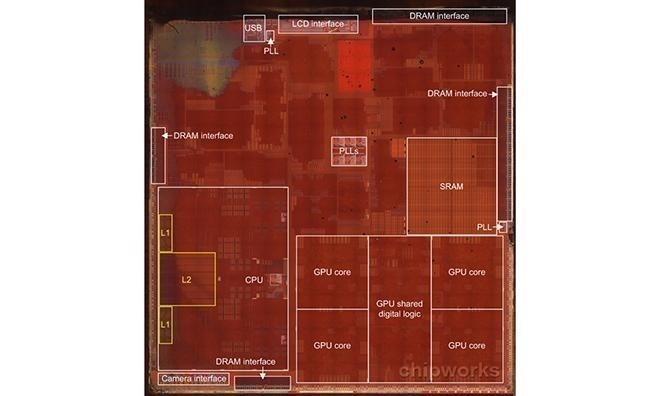

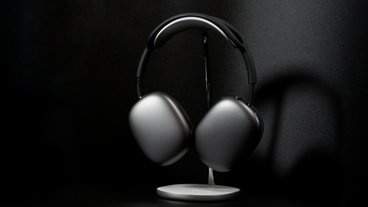
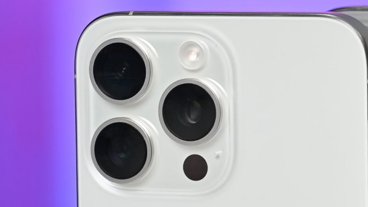
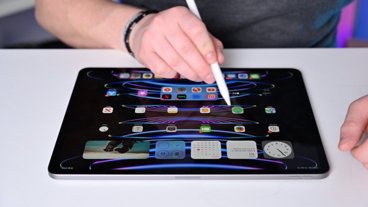



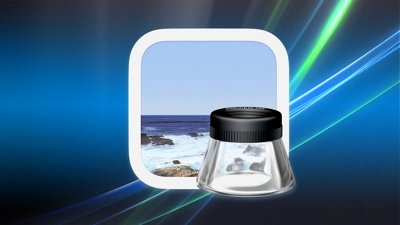
 Chip Loder
Chip Loder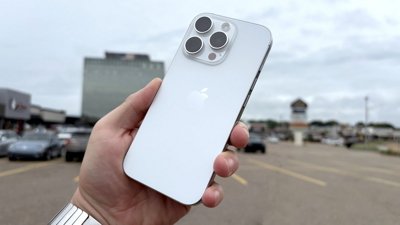
 William Gallagher
William Gallagher
 Wesley Hilliard
Wesley Hilliard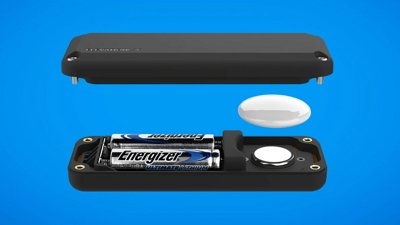
 Malcolm Owen
Malcolm Owen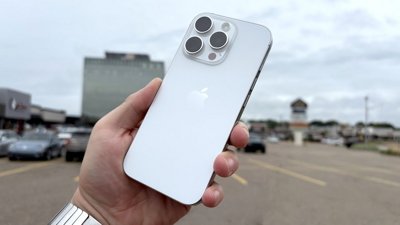
 Mike Wuerthele
Mike Wuerthele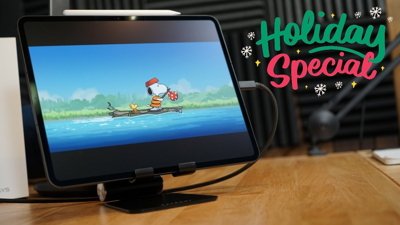
 Christine McKee
Christine McKee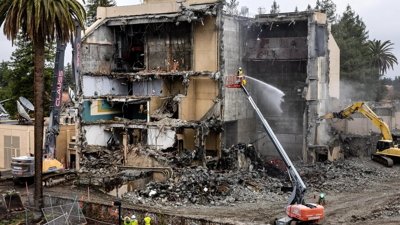

 Sponsored Content
Sponsored Content




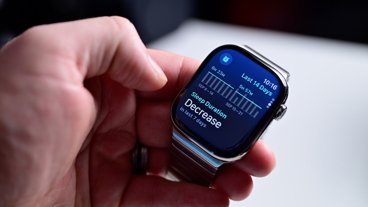


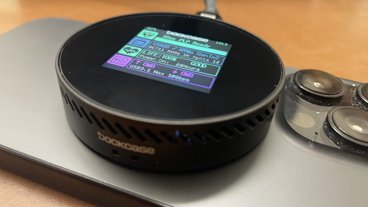

10 Comments
Mmm. This might be one they should consider dropping, before the damages start to eat into one week’s profit.
Suing Apple is a business model.
WARF patent application filed June 13 2014. Apple R7 released September 20 2013. It seems Apple was using this method in production 9 month Prior to WARF even applying for the patent. ---edit--- There is an older patent that is being cited which is related and also owned by WARF.
I thought that this was a rare case where Apple actually was in the wrong for once, as they had cited the WARF patent in one of their own patent filings, proving that they know about it but still decided not to license the IP.